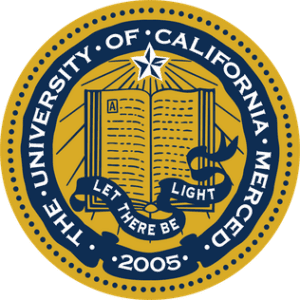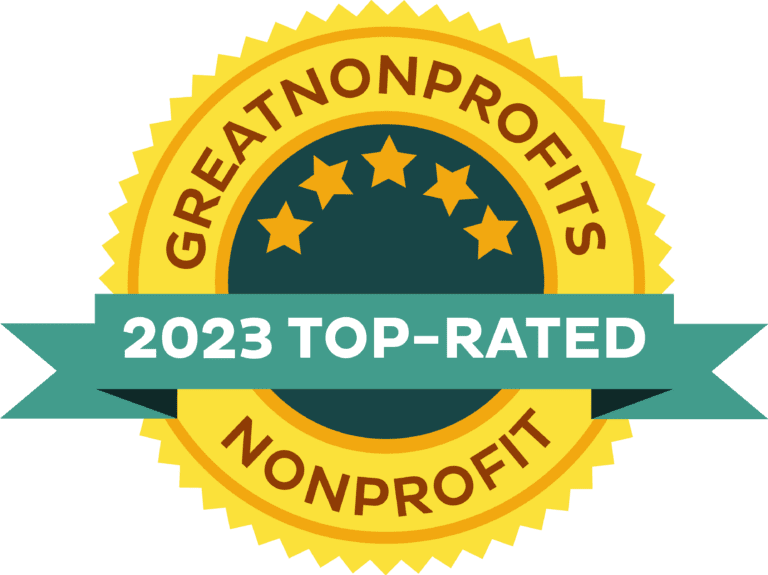
The National Society of Collegiate Scholars (NSCS) is an exclusive honor society with chapters at nearly 300 colleges across the United States. Students are nominated for membership in their first couple of years of college based on their academic achievements and leadership potential. If eligible, students are invited to join the National Society of Collegiate Scholars for a lifetime, an honor that reflects their commitment to academic excellence and leadership.
The NSCS chapter at The University of California, Santa Barbara, is a community of high-achieving students who embody the NSCS pillars of scholarship, leadership, and service while nurturing a strong foundation of integrity. Members of The Society forge meaningful connections with like-minded students, fostering a passion for scholarly excellence and personal growth. The most active and engaged NSCS members at UCSB hone their leadership skills, gain valuable networking experiences, and contribute to the community through their membership with NSCS.
As a member of NSCS at UCSB, you gain exclusive access to a range of benefits.
NSCS Membership Benefits:
- Membership Welcome Package: Upon acceptance, you can request an exclusive Welcome Package featuring a Diploma, Pin, and Sticker.
- New Member Induction Ceremony: Join your peers for a special Induction Ceremony after accepting your membership to celebrate your entry into the NSCS community.
Career Advancement and Professional Recognition:
- LinkedIn Certificate: Earn a LinkedIn certificate to enhance your profile and résumé. Membership in NSCS can set you apart in a competitive job market, highlighting your commitment to academic excellence and leadership.
- Career Tools: Access exclusive career tools and resources tailored to help you succeed in your future career.
Networking Opportunities and Exclusive Discounts:
- Networking: Connect with a network of 1.5 million lifetime members through our member-only portal. These connections can lead to various opportunities, including mentorships, job offers, and professional collaborations.
- Exclusive Discounts: Enjoy offers from NSCS partners, including discounts on college necessities such as internship programs, graduate school test preparation, education materials, entertainment tickets, and travel.
Community Engagement and Giving Back:
- Mentoring: Participate in the Planning to Achieve Collegiate Excellence (PACE) Program and engage in K12 mentoring programs.
- Community Service: Collaborate with the nonprofit tutoring organization Learn To Be, making an impact by tutoring and mentoring students from underserved communities in a virtual setting.


